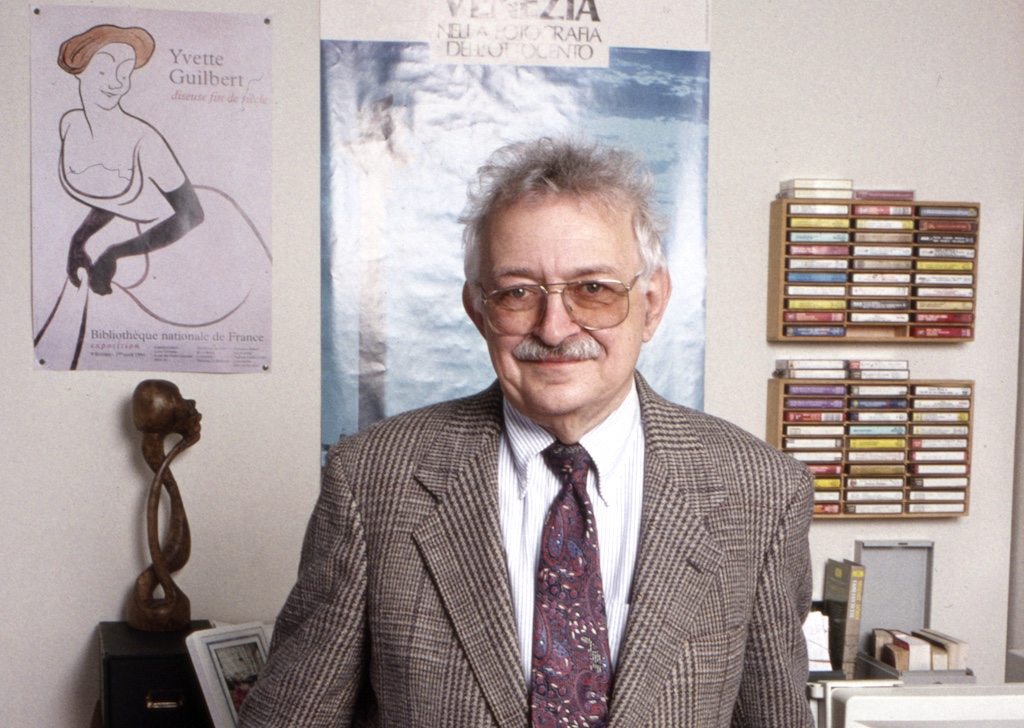Gregory P. Williams
Yes, the all-important hyphen! The notion of the world-system was Wallerstein’s way of rethinking world politics beyond the perspectives of modernization theory. He had already rejected the assumption of European superiority. He then chose to reject the assumption of national development.
If the nations aren’t developing in isolation, what is developing? It’s the entire system: what Wallerstein called the world-system, with the hyphen between “world” and “system.” This system is comprised of the relationship between the old nations and the new ones. Interestingly enough, Washington continued at this point to accept the idea of stages or phases that could not be skipped, albeit with some major limitations.
The notion of the world-system was Wallerstein’s way of rethinking world politics beyond the perspectives of modernization theory.
But after 1968, he thought that it was the entire system that went through stages, not the individual nation-states. In my view, that shift was perhaps the most essential change in Wallerstein’s thinking over the course of his professional life. By the late 1960s and the early 1970s, Wallerstein started thinking in terms of systems — that relationship between societies, in dyadic terms, or among nations.
Systems themselves have a beginning, a middle, and an end. In other words, as he would say, systems have lives. The world-system is the idea that there is a system that is itself also a world. It’s not “the world’s system.” It does not have to be global, although today it is. Rather, the concept of the world is the idea that this (or any) social system is self-contained.
Wallerstein conceived of several kinds of world-system. The two most important of these were the world-empire and the world-economy. The world-empires were the large-scale civilizations with a single…
Auteur: Gregory P. Williams

